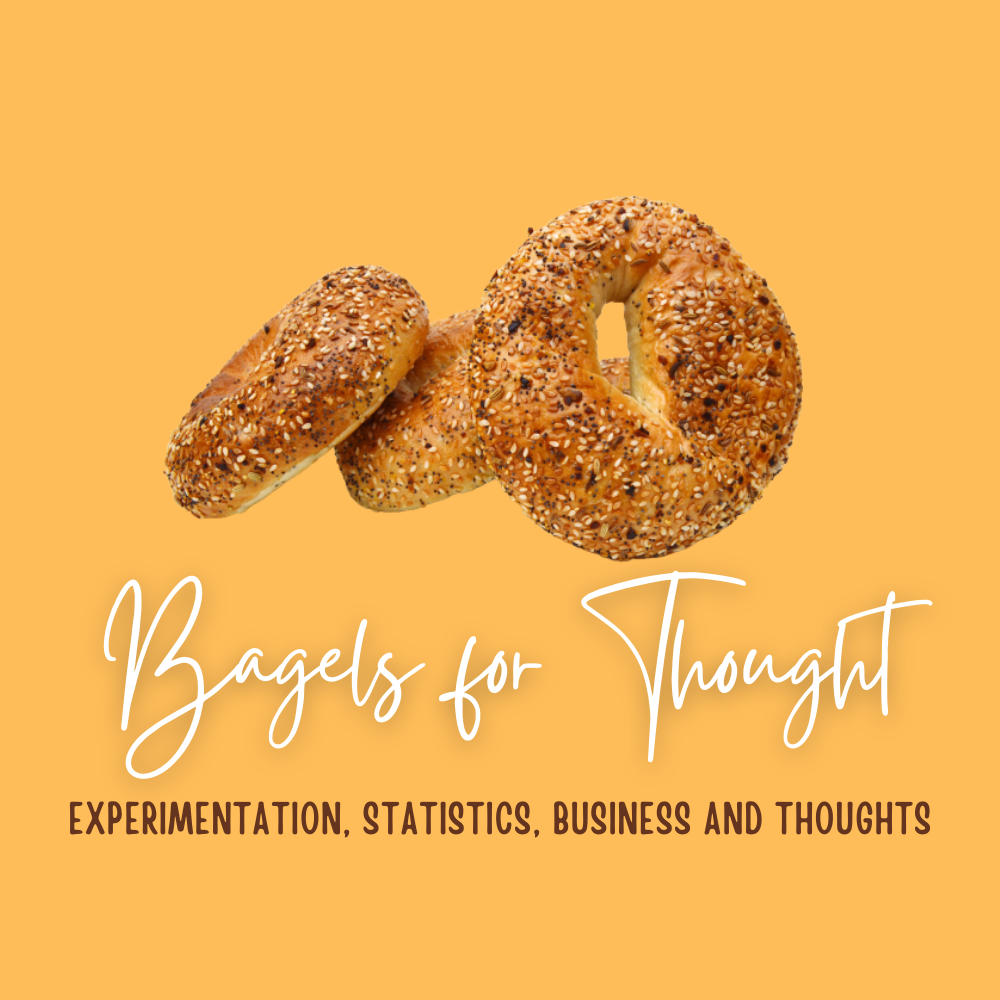Zero to One: The Durability Question

This note is a part of a series that presents ideas from the book, Zero To One, where I have shared seven questions that all startups must answer. In this note, we open up the third question in Thiel's list: The Durability Question.
The Durability Question - Will your market position be defensible 10 and 20 years into the future?
Thiel makes it clear that it is essential to stress test the durability of your business. One needs to think and anticipate what will be their position in the market 10-20 years down the line and how will they defend it against competitors. Thiel gives a few ideas on this direction of thought.
Sources of Market Durability
Thiel claims that there are essentially four sources of durability in businesses in the current age. I give a short description of the four sources below:
- Proprietary Technology: Proprietary Technologies have a monopolistic advantage in the long run because it is so difficult to replicate their product. The biggest example is Google, no one can even think of coming close to the PageRanks Algorithm. Even though technology developments and achievements made by companies like Google in the 1990s have become trivial today, Google still holds the lead in web technology.
- Network Effects: Some companies have an advantage since they deliver value through a person’s network. For instance, Facebook works if your friends are on Facebook. Network Effects act as strong moats in the long term for your business.
- Economies of Scale: Some products have very thin replication costs of their product once the core product has been built. Software companies have this advantage and hence can scale up rapidly and easily with minimal effort.
- Branding: By definition a company has a monopoly over its own brand. Hence, if your brand is strong you automatically enjoy a brand monopoly for a long period of time. For instance, Apple has a brand value and hence it is a monopoly on its own of high end tech gadgets.
These are the major advantages that Theil lists. However, these are vulnerable to evolution as we go further in time. Technological innovations will be made and new forms of monopolistic advantages will emerge in the long run.
The Power Law Model to filter wrong investments
This is one of the very powerful ideas that I found in Thiel’s book. Thiel makes it clear that in the world of evolution, power-law dominates and you will find that most things perish and those who prevail become very big. While the theory seems useful majorly from a venture capitalist point of view, Thiel explains that it is relevant and important for every individual. While a VC invests money, every individual is investing their life. He says start putting your eggs in the right basket and see this power law in the wider scheme of things. For instance, it might not always be the best decision to startup if you can instead ride the growth of a more successful startup. Also, some fields of study will always have more potential to go up the exponential curve and invest more time and money into those areas.
In the next blog, I will share the final question, the secret question.
